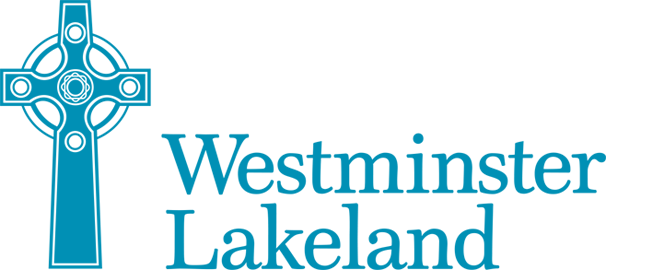More Self-Care tips to support taking care of YOU:
Imagine waterfall doorways (real and virtual): Another mindful technique I practice is to imagine that any doorway I walk through (whether it’s into meetings or resident rooms) is a waterfall. As I walk through it, I allow any stressful energy I’ve collected from the day to be washed off so I can walk into that next interaction clean and clear and present in the moment. When I leave, I allow the waterfall to wash the energy of that interaction off me so I can walk into the next task clean. This can also be done before pressing the button on the computer to enter a virtual meeting, as I pause and allow myself a moment of peace and calm before moving on. Doing this throughout the day means I am far less likely to gather my stress and carry it with me, so it takes less time to offload it at the end of the day before being with my loved ones, or just with myself.
Breathe: The best way I have found to soothe myself, keep myself from going to emotional extremes, pause to get more information, and simply keep my neurochemistry out of the stratosphere is to breathe. Breathing in while counting to four, holding for seven, then blowing out for eight (4-7-8 breathing) is one of the quickest ways to calm the sympathetic arousal that can lead us to fight, flee, or freeze. I can practice this while doing paperwork, sitting at a stoplight or in a meeting (just be sure not to look like you are heaving an aggrieved sigh!), cooking supper, or going to the restroom. When I am breathing, it helps me let go and accept things as they are — not in a resigned and helpless way — but with calm poise and empowered assurance.
Reminder: One of the many benefits available to us as Westminster team members is access to EAP (Employee Assistance Program) which provides for some counseling (individual, marital, family, and group), career & vocational testing, and seminars, workshops & retreats. See your benefits guide or Human Resources Director for additional information and contact information.
Resource: 10 Self-Care Strategies for Professional Caregivers, Dr. Carla Cheatham, MA, MDiv, PhD, TRT





